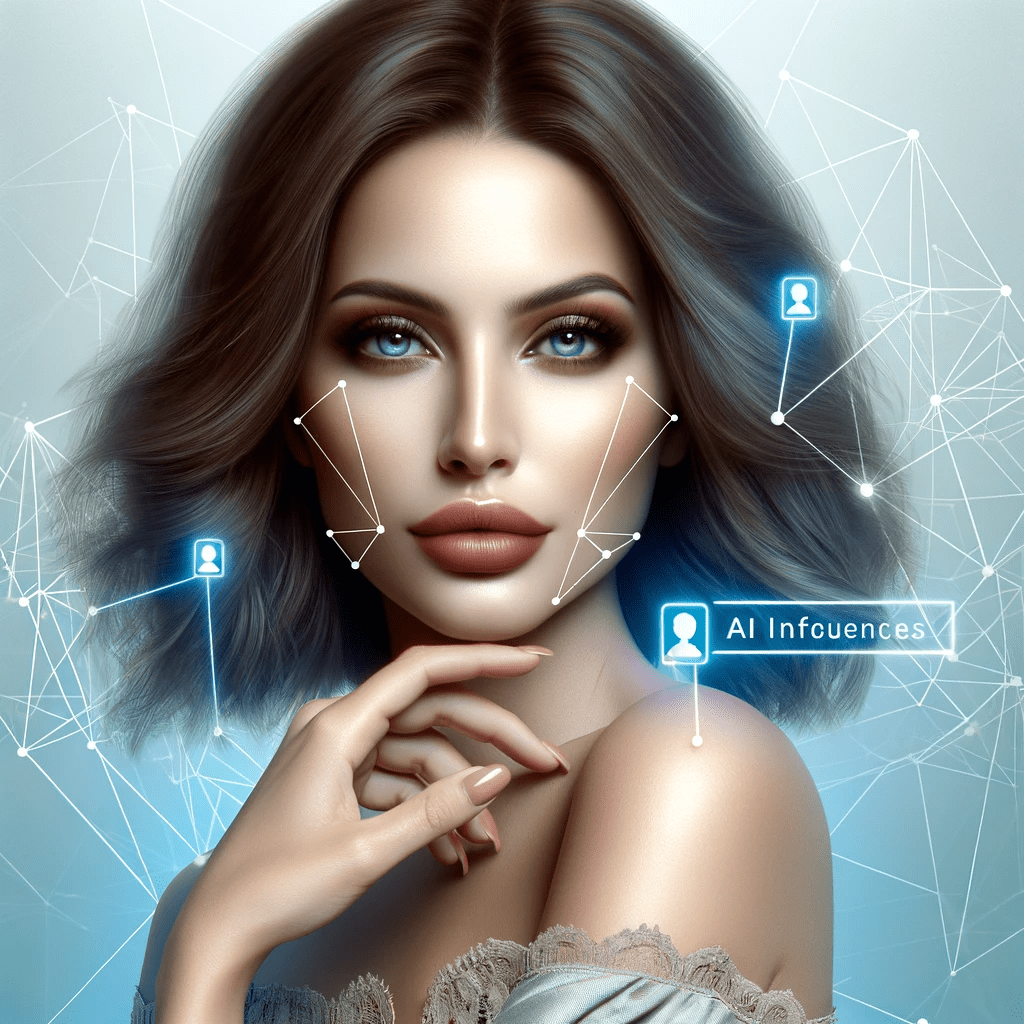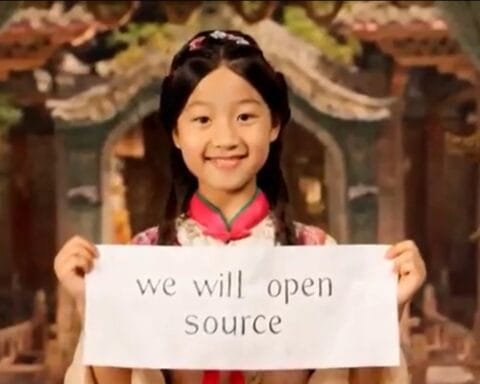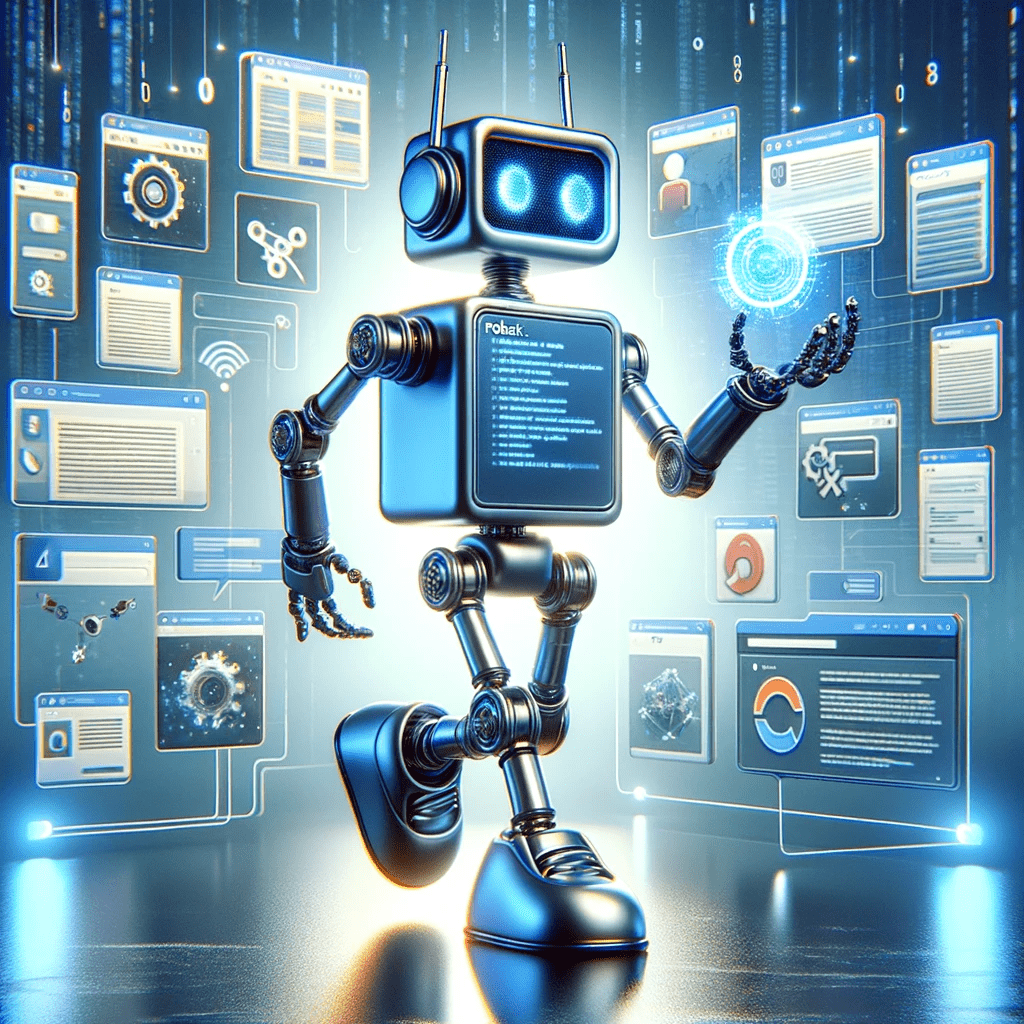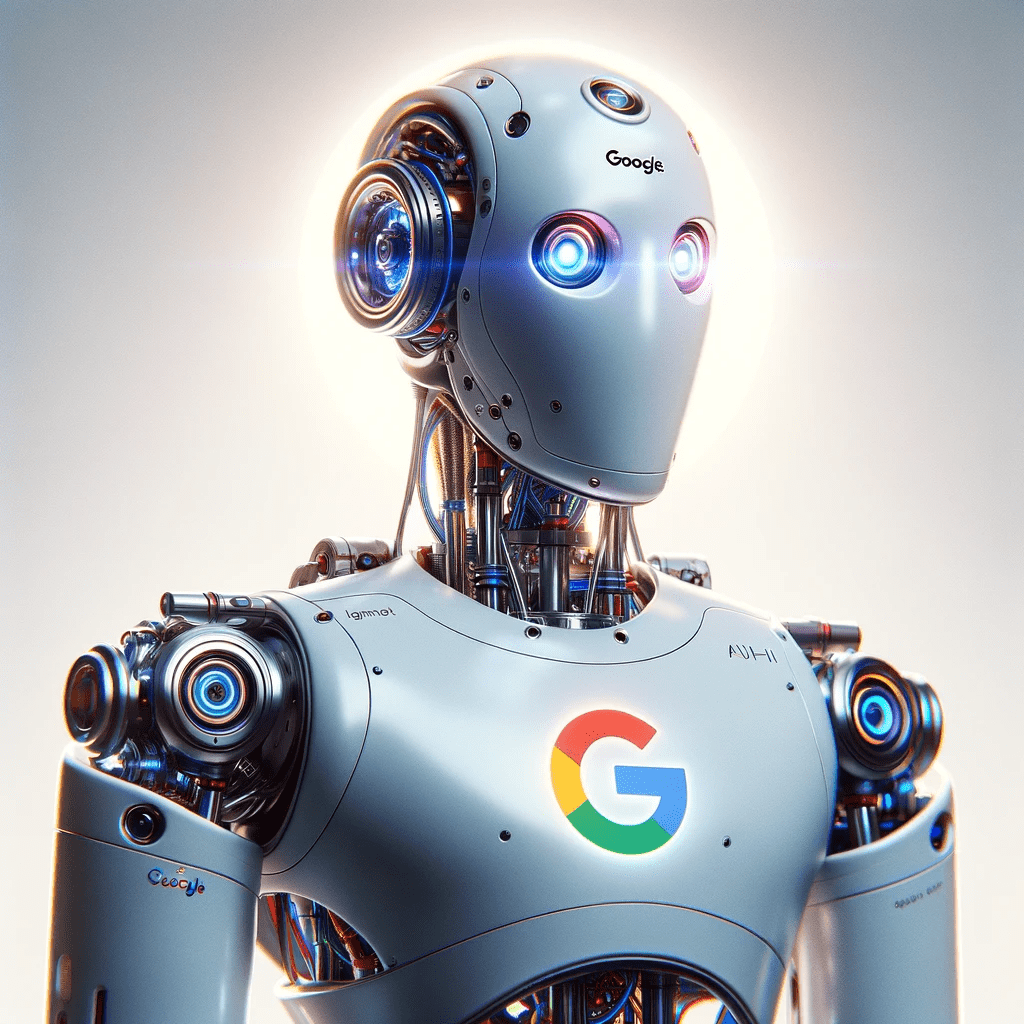Last Updated on January 4, 2024 3:14 pm by Laszlo Szabo / NowadAIs | Published on January 4, 2024 by Laszlo Szabo / NowadAIs
Are AI Influencers the New Landscape of Digital Marketing? – Key Notes
- Authenticity Gap: AI influencers lack the genuine authenticity that human influencers possess, a key driver in marketing influence.
- Marketing Effectiveness: AI influencers offer novel marketing approaches, yet their effectiveness in influencing consumer decisions remains limited compared to humans.
- Industry Impact: The rise of AI influencers signals a shift towards innovative marketing strategies, though they have not replaced the need for human influencers.
- Consumer Connection: The ability of AI influencers to genuinely connect with consumers is currently limited, impacting their overall marketing influence.
Introduction
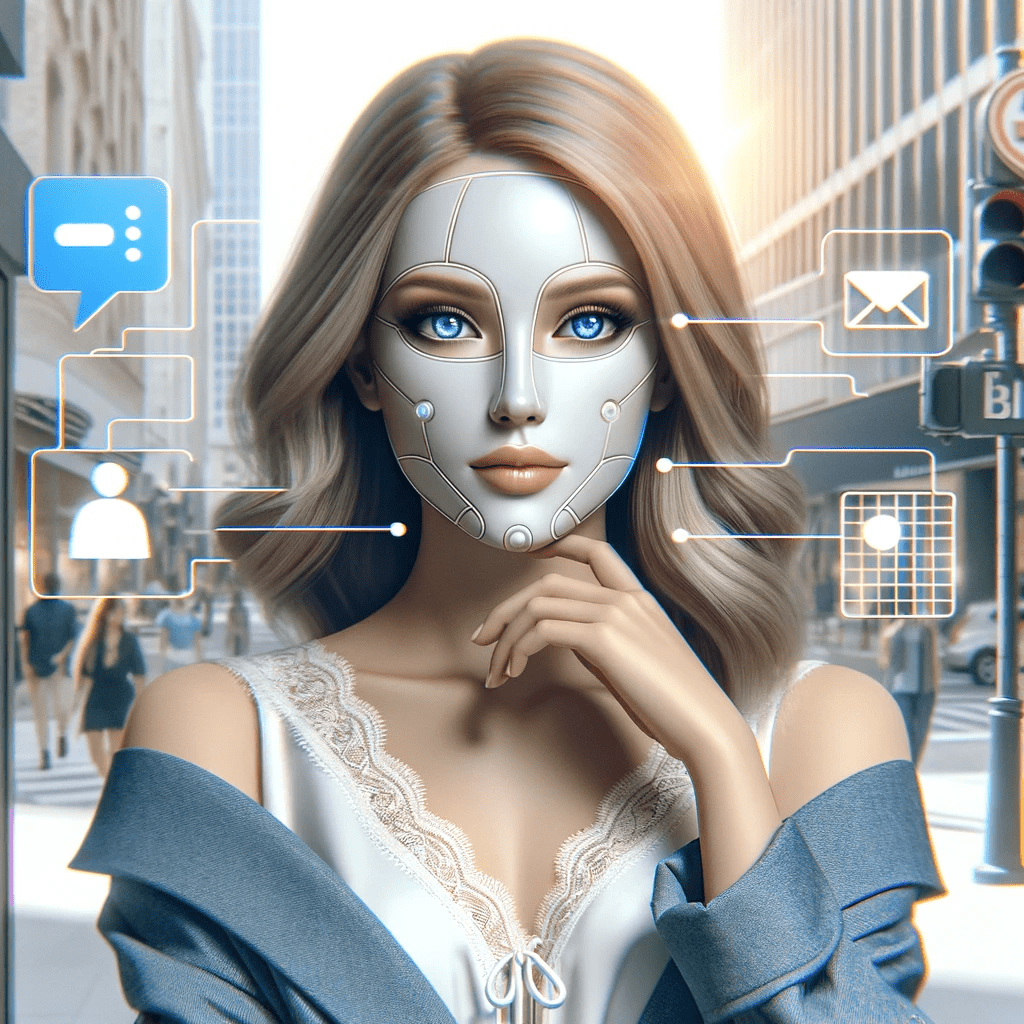
In an age where digital marketing is constantly evolving, AI influencers have emerged as a groundbreaking force, reshaping traditional concepts of influence and brand promotion. These virtual entities, powered by advanced artificial intelligence, present both unparalleled opportunities and unique challenges in the marketing sphere.
The Rise of AI Influencers in Digital Marketing
The digital marketing landscape has witnessed a significant transformation with the rise of AI influencers. Unlike traditional influencers, these AI-powered entities are designed to mimic human characteristics while promoting brands and products.
Their emergence marks a significant shift, highlighting the increasing intersection of technology and marketing. AI influencers, such as Lil Miquela:
My @ZachSangShow interview is HERE 📺💕 Thanks @zachsang1 for letting me talk about all the sh🎙t I don't like (human toenails, holidays named after old white men, etc.) 🤖📹🙇🏻♂️ https://t.co/sbLZ7gZYHg pic.twitter.com/QPA8YSOLYD
— lil miquela (@lilmiquela) December 9, 2019
and Shudu:
View this post on Instagram
created by photographer Cameron-James Wilson.
They have garnered significant attention, demonstrating the potential of AI in creating influential digital personalities.
The Authenticity Debate
A central debate surrounding AI influencers revolves around authenticity. While they can be programmed to display certain personality traits and preferences, the lack of real human experiences raises questions about their authenticity and influence.
The effectiveness of AI influencers often hinges on their ability to simulate human-like qualities convincingly. However, the absence of genuine human emotions and experiences can be a stumbling block in establishing a real connection with audiences.
Effectiveness in Marketing Campaigns
AI influencers have demonstrated a unique capacity for engagement in certain marketing campaigns. Their novelty often attracts attention, providing a fresh avenue for brands to engage with tech-savvy audiences.
For instance, virtual influencers have successfully partnered with major brands like the Lil Miquela and BMW partnership, in automotive, fashion, beauty, and technology industries, creating buzz and driving campaign success.
Their effectiveness, however, varies greatly depending on the target demographic and the nature of the product or service being promoted.
Challenges and Limitations
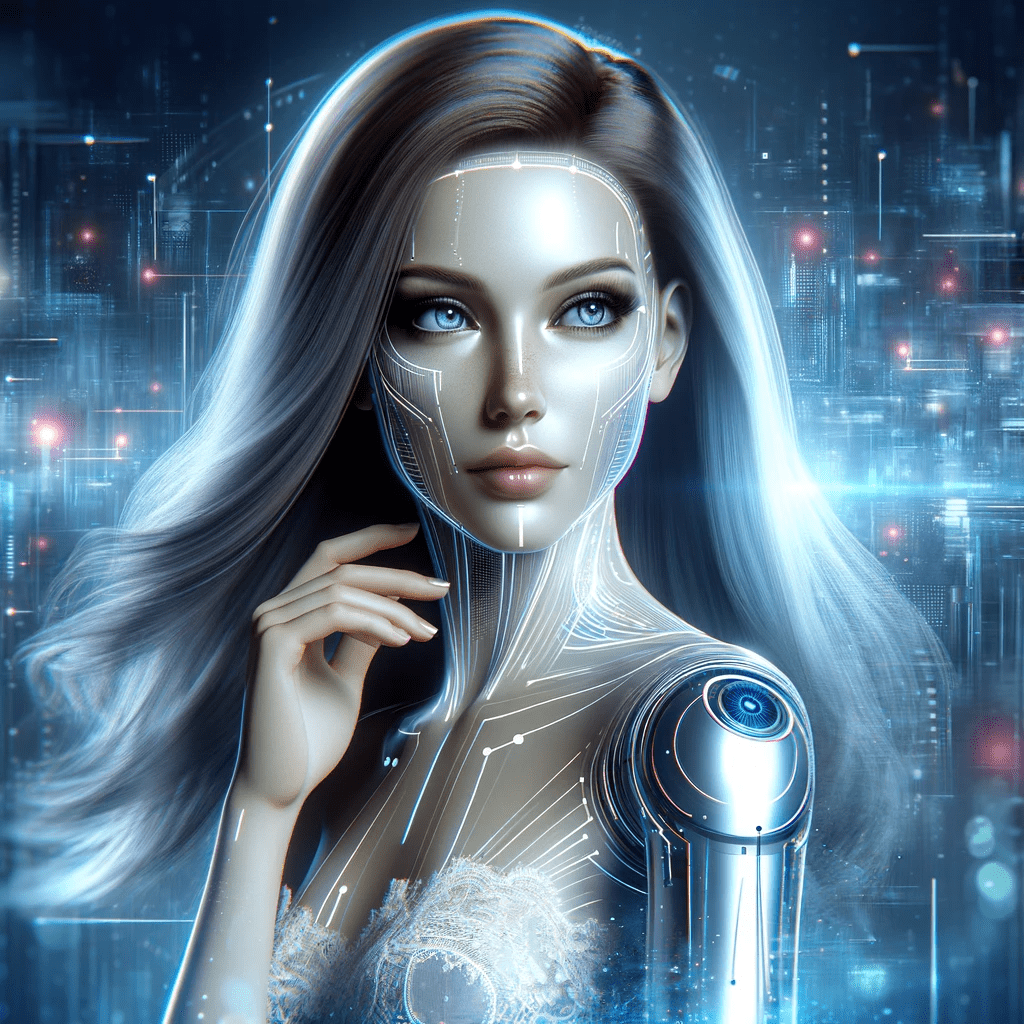
Despite their growing popularity, AI influencers face notable challenges. Key among these is the skepticism from a section of the audience who prefer human influencers for their authenticity and relatability.
Additionally, the evolving nature of AI technology means that maintaining these virtual influencers can be costly and technologically demanding.
Furthermore, ethical considerations around transparency and deception in marketing using non-human entities pose significant challenges for brands using AI influencers.
Conclusion
In conclusion, AI influencers represent a fascinating and evolving frontier in digital marketing.
They offer innovative opportunities for brand promotion, particularly in reaching digital-native audiences. However, their effectiveness is balanced by challenges related to authenticity, technological demands, and ethical considerations.
As the digital marketing realm continues to evolve, the role of AI influencers will likely expand, but they will not entirely replace the nuanced influence of human counterparts. Understanding and navigating this balance will be crucial for marketers aiming to leverage the full potential of AI in the ever-changing digital landscape.
FAQ Section
What distinguishes AI influencers from human influencers?
AI influencers differ primarily in authenticity, as they lack the human element essential for genuine influence in marketing.
Can AI influencers effectively replace human influencers?
While AI influencers can mimic certain aspects, they fall short in replicating the authentic influence and connection that human influencers offer.
Are AI influencers successful in brand marketing?
AI influencers have seen success in some marketing campaigns, offering a novel approach, though their effectiveness varies compared to human influencers.
What are the limitations of AI influencers in marketing?
The main limitation is their inability to authentically connect and influence consumer behavior due to the lack of real-life experiences and emotions.
How are AI influencers impacting the influencer marketing industry?
AI influencers are introducing new dynamics in marketing, pushing the industry towards innovative strategies, but not yet replacing the human influencer’s role.
